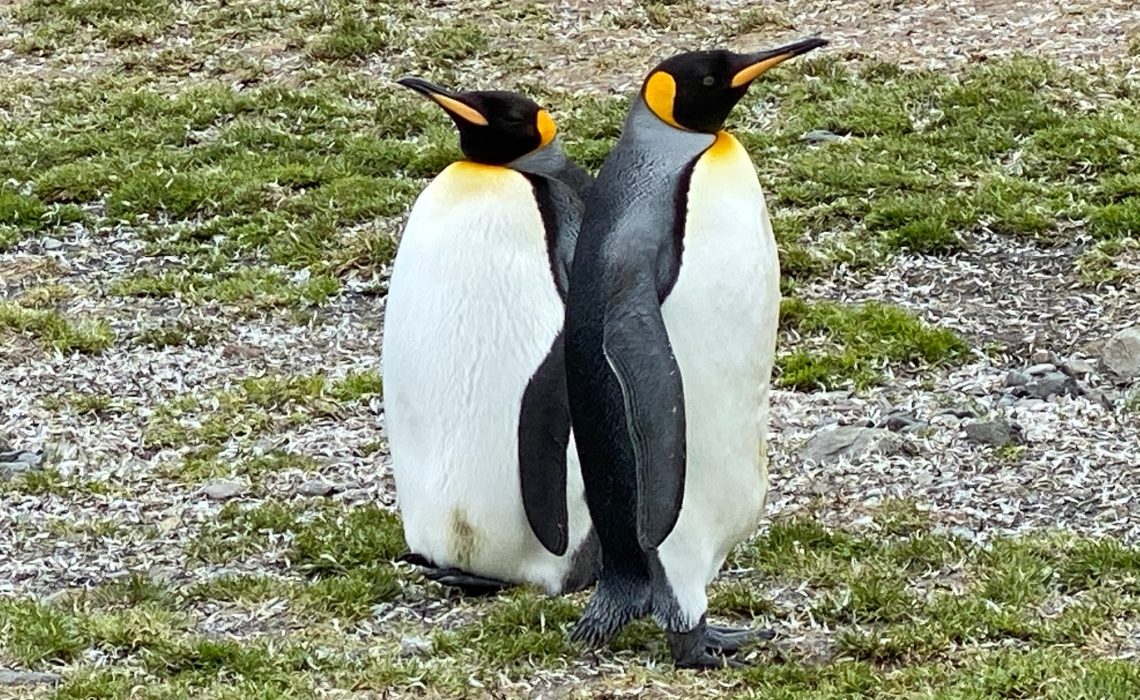
My deep-seated love for penguins started years ago, and my trips to the Antarctic have only solidified my belief that we have a responsibility to protect these incredible creatures and their pristine home. It’s easy to book a trip with an “eco-friendly” tour operator, but being a responsible traveler goes much deeper. It’s about how you behave once you’re there.
The Unwritten Rules of Wildlife Encounters
When you’re face-to-face with a penguin colony, the excitement is unreal. But it’s crucial to remember that we are guests in their home. The goal isn’t to get the perfect selfie; it’s to observe and appreciate without causing stress. I’ve learned that keeping a respectful distance—often more than the required minimum—allows you to see their natural behaviors unfold. It’s truly magical to watch them waddle, preen, and care for their chicks when they don’t feel threatened by your presence.
Respecting the Rules and Regulations
The Antarctic has strict guidelines for a reason. They’re designed to protect the fragile environment and its inhabitants. This means following your guide’s instructions to the letter, whether it’s staying on a designated path or properly cleaning your gear to prevent the spread of invasive species. This includes respecting the penguin ‘highways’—the vital paths they create for safe travel to and from the sea. If you stray from the designated path and leave deep footprints, you can create obstacles that these small birds will struggle to navigate, disrupting their natural routines. These rules aren’t there to hinder your experience; they’re there to ensure that this incredible place remains untouched for future generations of both humans and penguins.
Your Impact on a Fragile Ecosystem
It’s easy to forget that even small actions can have big consequences in a place like Antarctica. The environmental impact of tourism is real, from waste management challenges to noise pollution from ships and zodiac boats. A great way to mitigate this is by choosing operators that have a proven track record of sustainability and by being mindful of your own footprint. Every piece of litter you carry back to the ship, and every decision to stay on the path, makes a difference.
Beyond the Trip: Supporting Local Conservation
True conservation doesn’t end when you get off the ship. A meaningful way to contribute is by supporting the local conservation efforts that are already doing the hard work on the ground (or ice!). I’ve found that donating to organisations dedicated to Antarctic research and preservation is a powerful way to ensure your passion for this unique ecosystem continues to have a positive impact long after your boots are dry. I’ve shared a few that I am both familiar with, starting of course with my favourite first! But the choice of course, is yours.
Polar Citizen Science
Another impactful way to contribute is through Polar Citizen Science. Many expeditions now offer opportunities for passengers to get involved directly in data collection. This could be anything from taking photos for cloud-cover analysis to documenting whale sightings, analysing Antarctic krill or counting penguin populations. By participating, you become a part of the scientific effort to better understand and protect the polar regions, turning your vacation into a valuable contribution to global research.
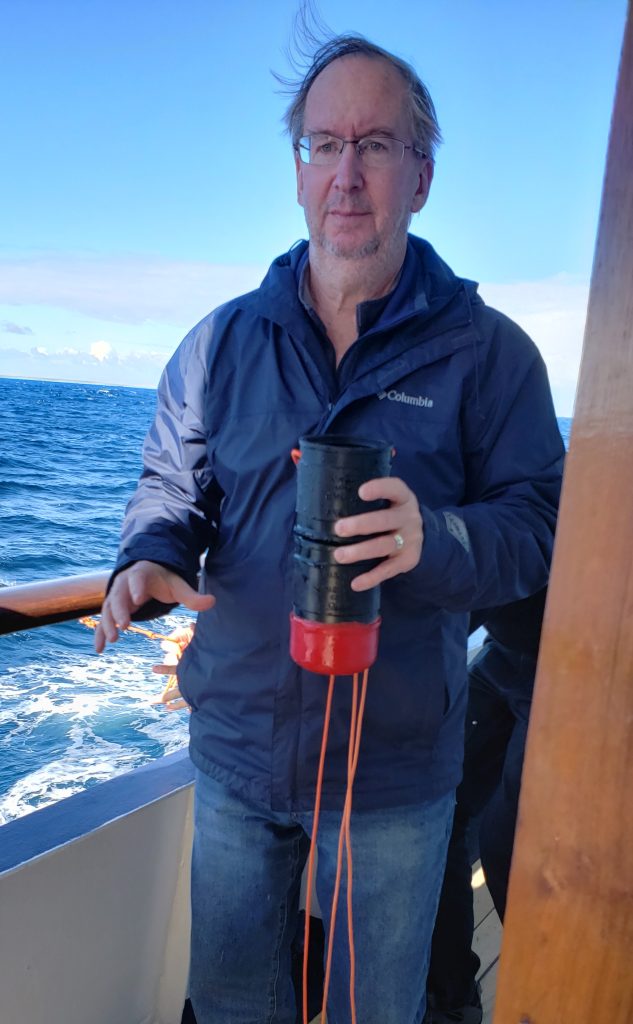
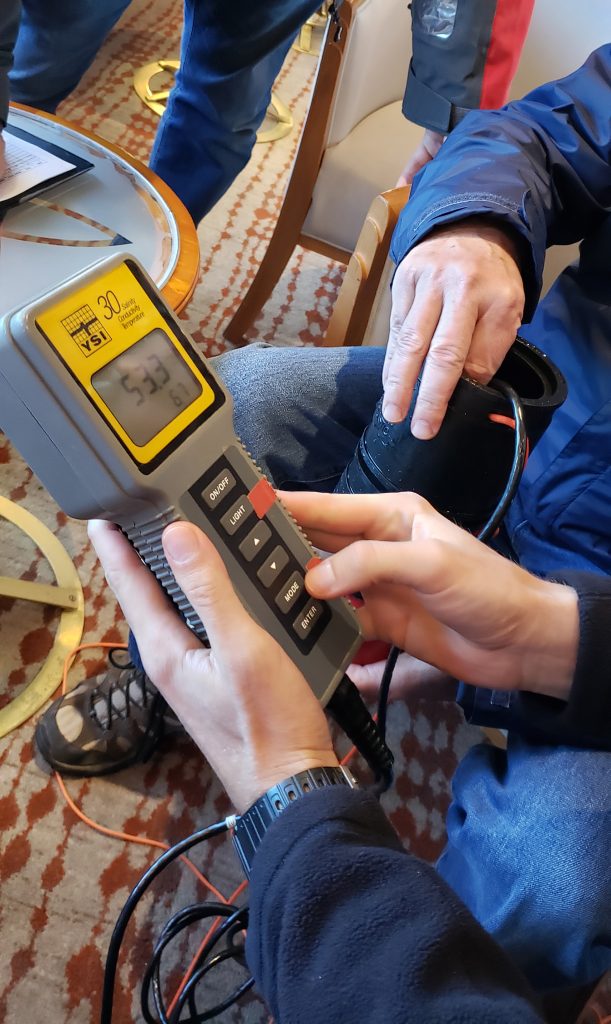
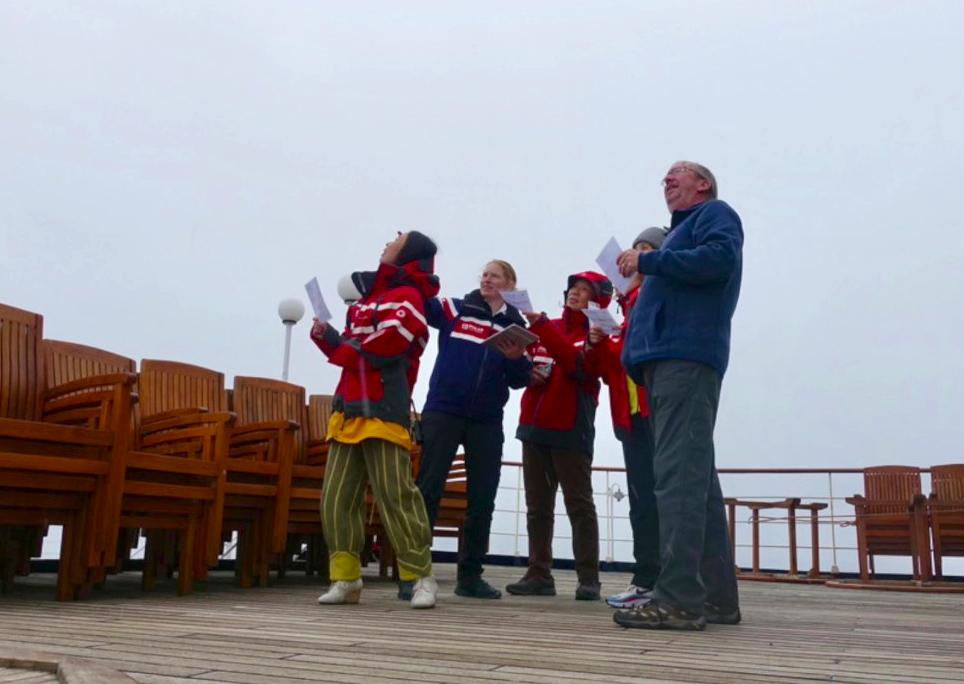
What’s your biggest takeaway from this guide?

Fuelling a Greener Future, One Story at a Time. Every small step we take – from reusable bags to conscious consumption – ripples outwards, creating a wave of hope. Let’s rewrite the story of our planet, one click at a time. I believe in the power of storytelling. By sharing inspiring environmental initiatives, unsung sustainability heroes and practical tips, I aim to amplify the voices making a difference. Imagine a world where everyone is empowered to take action, one small change at a time. ‘Buy Me A Coffee’ donation is a quick and easy way to offer a small, one-off donation, that helps keep this platform running and allows me to continue sharing these vital stories. Just click the “Donate” button (top right corner). Every contribution, no matter the size, makes a difference. Thank you for being a part of this journey.
Organisations Dedicated to Research and Preservation
South Georgia Heritage Trust (SGHT): Join the Guardians, Shape the Future of South Georgia
Becoming a Guardian of SGHT is like joining a team of real-life superheroes protecting a piece of paradise! At least, that’s my perception. The island is an important sub-Antarctic ecosystem, but it was historically damaged by whaling and sealing, as well as an infestation of introduced rodents. SGHT’s key focus is on conservation projects, such as the successful Habitat Restoration Project that eradicated rodents from the island, and the ongoing work to prevent re-infestation. The trust also manages the South Georgia Museum, preserving artifacts from the island’s past. Contributions can be made through donations, which support their environmental conservation and museum programs. By becoming a Guardian, you’re directly contributing to their efforts to conserve this incredible place helping to fund vital conservation projects, research initiatives, and educational programs. You’re not just donating; you’re actively shaping the future of South Georgia and supporting a truly inspiring project.
You join me as a Guardian by gifting as little as £10 a month for 12 months either for yourself or for someone else – just choose your team, whether that’s ‘Chinstrap’, ‘Gentoo’ or ‘King’ or join team ‘Albatross’ with a lifetime membership. All you need to know is HERE.
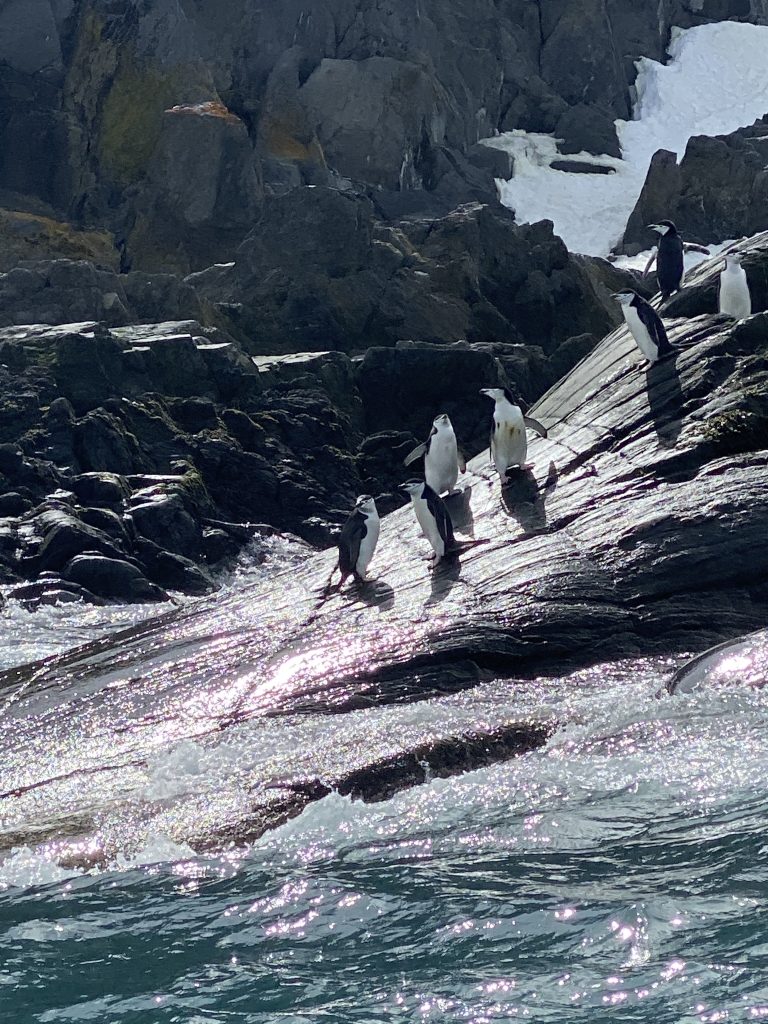
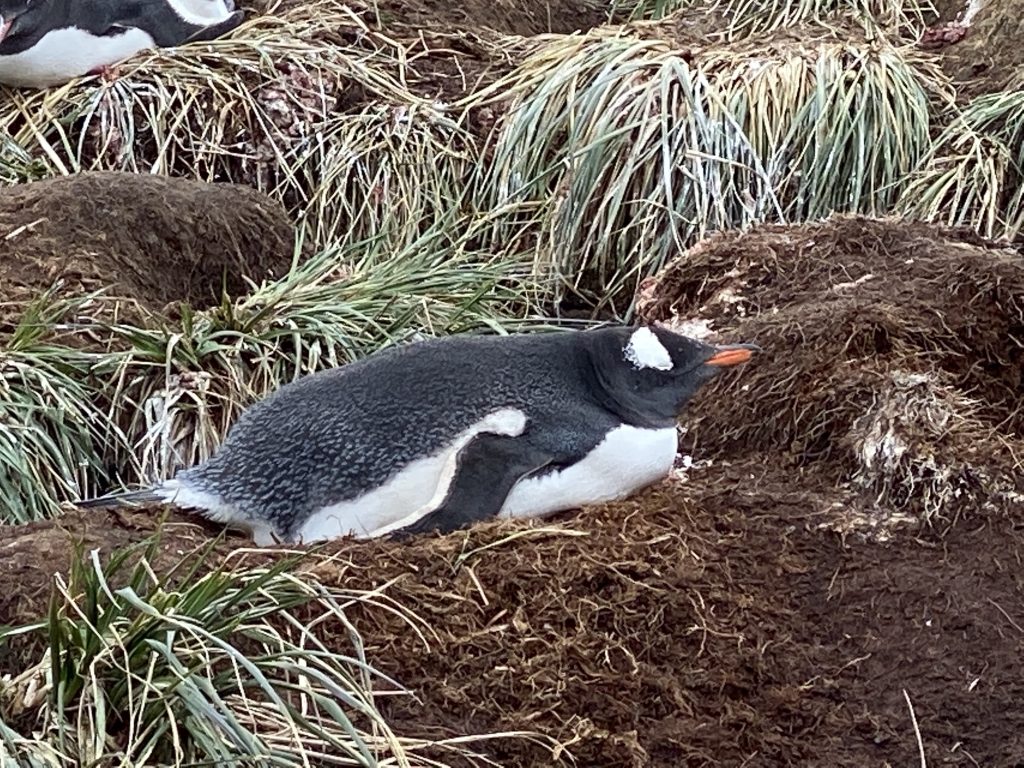
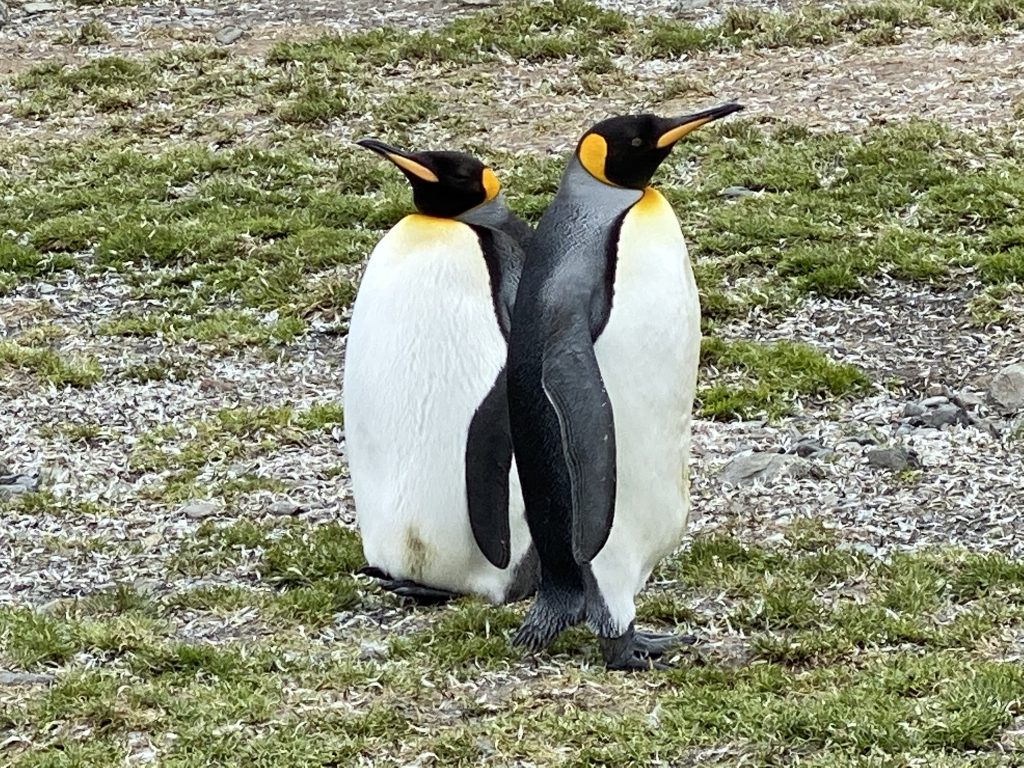
And of course, they have a fabulous online shop HERE!
They also have a US-based affiliate, Friends of South Georgia Island (FOSGI). Working in partnership with SGHT they contributed to the Habitat Restoration Project and continue to work on raising funds for the protection and conservation of South Georgia Island. If you are USA based, it may be easier for you to donate through FOSGI. Website
Antarctic and Southern Ocean Coalition (ASOC)
ASOC is a global coalition of environmental organisations dedicated to protecting the Antarctic and the Southern Ocean. It was founded in 1978 to advocate for the conservation of Antarctica at the highest levels of governance. Its key focus is to ensure the preservation of the continent and its surrounding waters as a natural reserve, free from exploitation. ASOC’s work includes campaigning for the creation of new marine protected areas, advocating for policies to address climate change in the region, and monitoring the activities of the international bodies that govern Antarctica. You can contribute by donating to support their advocacy and campaigning work, helping to provide a unified voice for Antarctic conservation.
ASOC Website
UK Antarctic Heritage Trust (UKAHT)
The UK Antarctic Heritage Trust (UKAHT) is a charity that conserves and protects historic British bases on the Antarctic Peninsula. These sites, which were built between the 1940s and 1970s, offer a glimpse into the history of British exploration and scientific research. The Trust manages sites like Port Lockroy, which operates as a living museum and post office during the Antarctic summer. UKAHT also works to preserve artifacts and shares the stories of human endeavor in the region through education and outreach programs. You can contribute by donating, becoming a member, or shopping online, with all proceeds supporting the care and conservation of these historic sites. The UKAHT and SGHT often join forces for an annual online auction, so look out for this.
UKAHT Website
Antarctic Heritage Trust (New Zealand)
Based in New Zealand, the Antarctic Heritage Trust is a charity that focuses on conserving the heroic-era expedition bases and artifacts of explorers such as Scott, Shackleton, and Hillary in the Ross Sea region of Antarctica. Their work, known as the Ross Sea Heritage Restoration Project, is the world’s largest cold-climate conservation project. They preserve huts and the thousands of artifacts left inside them, ensuring these important historical sites are cared for. The Trust also inspires future generations of explorers through youth expeditions and educational programs. You can support their work by becoming a member, making a donation, or sponsoring an expedition.
Antarctic Heritage Trust (New Zealand) Website
The Polar Citizen Science Collective
The Polar Citizen Science Collective is a charity that acts as a bridge between the polar tourism industry and the scientific community. Recognising that polar regions are expensive and difficult for scientists to access, the Collective leverages the extensive network of expedition cruise ships and their passengers to collect valuable data. Its key focus is on creating and facilitating “citizen science” projects—research initiatives designed for non-scientists to participate in. The type of work it does includes a variety of projects, from collecting water samples to track phytoplankton communities, to taking cloud observations for NASA, and surveying seabirds. By harnessing the collective power of polar travelers, the organisation provides scientists with long-term, wide-ranging datasets that would otherwise be impossible to obtain. You can contribute by donating to the organisation, which supports its efforts in developing new projects, training guides, and coordinating the collection and analysis of data.
Polar Citizen Science Collective Website
